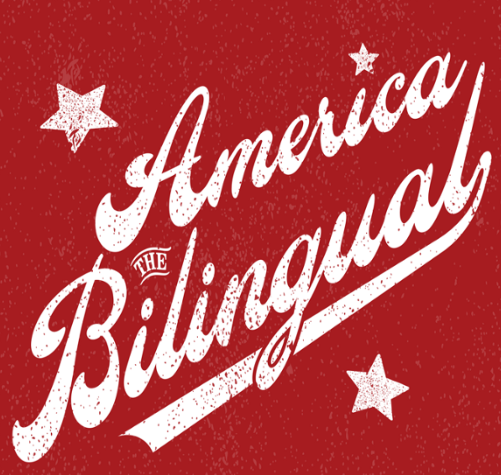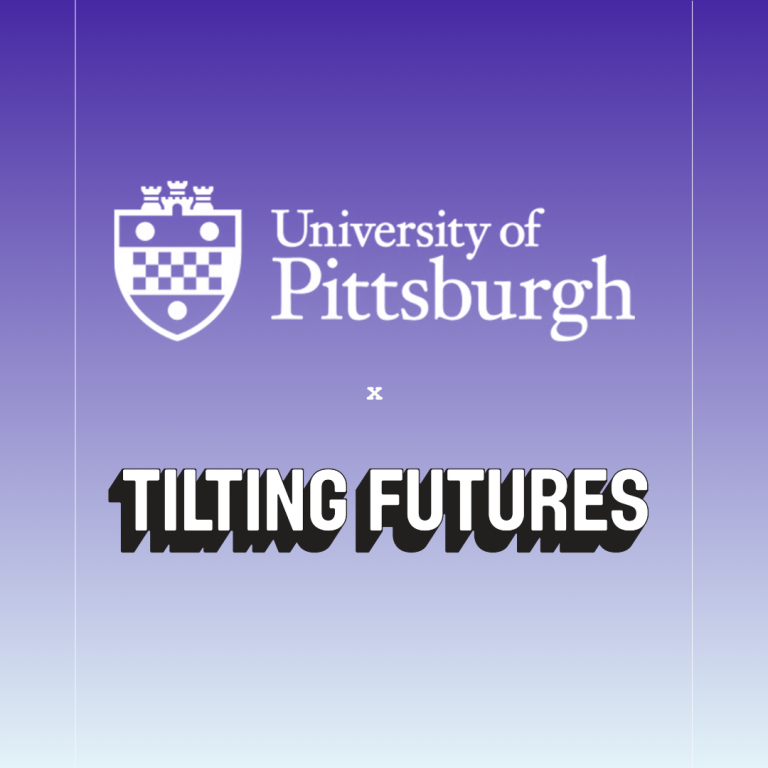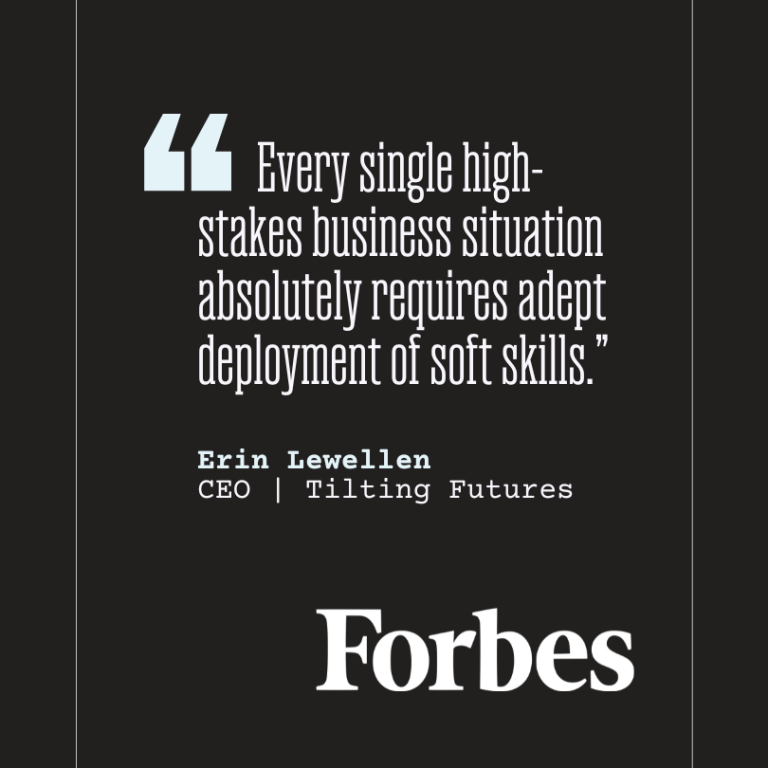Listen to Episode 17: From Gap Year to Bridge Year
Paulina Jedrzejowski was five years old when two airliners slammed into the World Trade Center. She was just a few miles away in Brooklyn and wondered why ashes and bits of paper were floating down from the sky. Despite growing up in an America with a heightened concern for attacks from the outside, Paulina has devoted her young life to helping outsiders. She has lived in several other countries and learned their languages. Hear her story, and the story of a promising trend in America in which young people are redefining what their parents called a “gap” year, into something far more meaningful.
America the Bilingual is a storytelling podcast reporting on, and encouraging, bilingualism in America. Listen on iTunes by clicking here: America the Bilingual by Steve Leveen on iTunes or on SoundCloud here. I’ll let you know about future episodes on Twitter as well.
Reinventing Gap Year
On the vanguard of reinventing how we think about taking a year after high school and venturing out in the world before entering college is Abby Falik. “The metaphor of a gap is terrible; it suggests you’re falling into a gaping hole. The term needs a refresh.” And that’s just what Abby has done by founding Global Citizen Year.
This year, Goldman Sachs recognized Abby as one of the 100 Most Intriguing Entrepreneurs. In 2016, Fast Company named her one of the 100 Most Creative People in Business, and for her achievements as a social entrepreneur, she has been recognized as an Ashoka Fellow, a MindTrust Fellow and a Draper Richards Kaplan Entrepreneur.
Abby and the team at Global Citizen Year are working to make a bridge year a common expectation in America.
“I think that colleges and admissions offices in a way set the standards for what students do as as they think about going on to college,” says Catharine “Cappy” Bond Hill who last year stepped down after a decade as president of Vassar College. “To the extent that [a gap or bridge year] is valued by admissions officers and college administrations, it’ll create the incentive for students to think about whether it makes sense for them.”
Cappy Hill is now managing director of Ithaka S+R’s research and consulting initiatives for broadening access to higher education. At Vassar she lead the elite college’s move to needs-blind admissions. She joined the board of Global Citizen Year because of Abby’s leadership abilities and her commitment to opening up to all families what had historically been available only to the well-off.
“What I love about Global Citizen Year is that it’s making [a gap or bridge year] available for students from all different socioeconomic backgrounds.” Cappy says this experience can be even more impactful for lower-income students than for high-income students. “In many cases low-income kids show up at college campuses and feel uncertain about whether they belong there. And I think a year of maturing and being in a place that’s incredibly different and experience something completely new and being independent and learning about another culture puts those kids in a position when they go to college to be really successful.”
A bouquet of scholarships
One of the misconceptions about a gap year is that it’s only for the well-off. Paulina was able to earn a Questbridge NYC Excellence Award, and an O’Melveney Social Responsibility Scholarship, a United Federation of Teachers Scholarship, and a scholarship from the Polish & Slavic Federal Credit Union, among others. A conspiracy for good awaits high-achieving students of modest means.
A path for young Americans to gain true fluency
The trends in conventional study abroad and not positive for young Americans acquiring fluency in another language. Both at the high school level, and the college level, study abroad experiences, while more numerous, are increasingly for shorter periods and are more likely to be in English. Bridge year programs that send Americans into language immersion for most of a year can be path for boosting American bilingualism. Says Abby Falik, “You’ve got no shot at learning the language unless you stay long enough. So that’s really been core to what we do.”
Credits
The America the Bilingual podcast is part of the Lead with Languagescampaign of ACTFL — The American Council on the Teaching of Foreign Languages.




